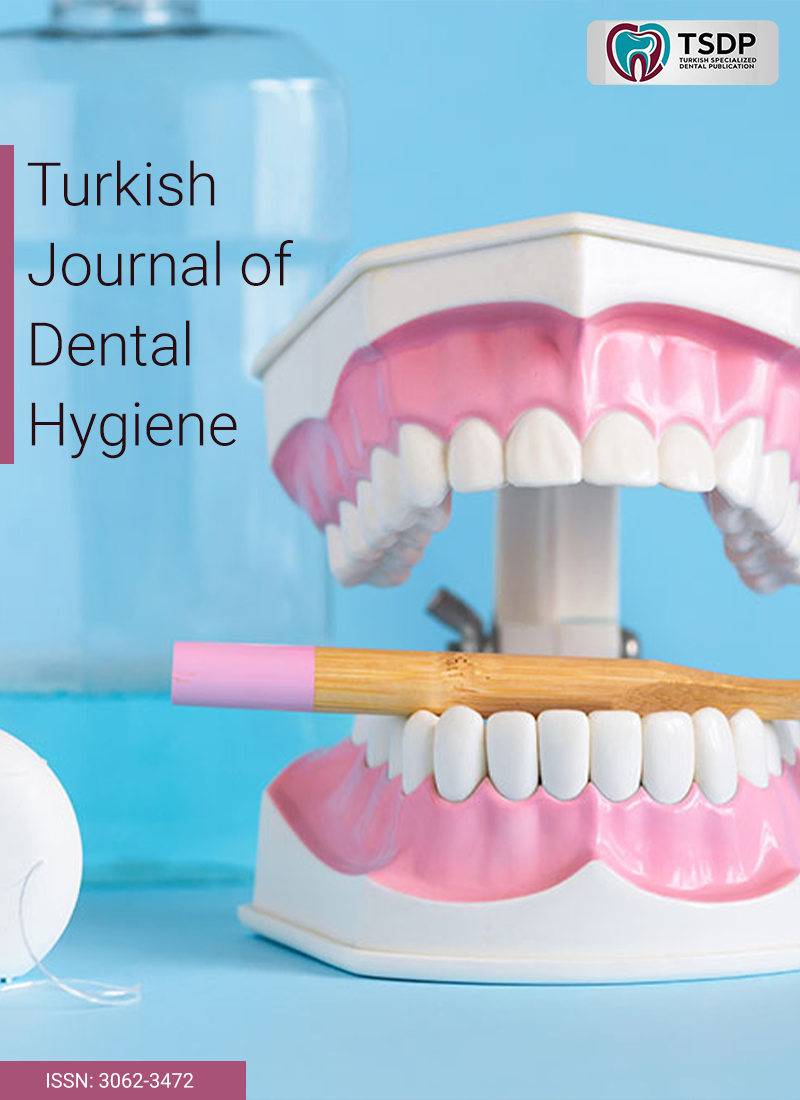
Oral and dental diseases are one of the most common health challenges in cancer patients, which affects their life quality. This research was conducted with the aim of the effect of education based on Pender's health promotion model on the oral health behavior of cancer patients. This semi-experimental research was done on adult cancer patients. The educational intervention was presented in the form of 6 practical and theoretical training sessions, with a one-week interval between the training sessions based on the Pender health promotion model. The data collection tool was a standard questionnaire based on the constructs of Pender's health promotion model, which was completed in three stages including before the intervention, immediately, and 2 months after the intervention. Data were analyzed in SPSS 23 statistical software using descriptive tests and ANOVA with repeated measures. Based on the results obtained from this study, there was a statistically significant difference between the behavior score before the intervention and after the intervention and the follow-up phase (P < 0.001). Also, after the educational intervention, among the constructs of the promotion model of Pender, the constructs of positive emotions, self-efficacy, and interpersonal influencing factors have significantly increased and perceived obstacles have decreased (P < 0.001). The findings of this research emphasize the effectiveness of Pender's health promotion model in promoting oral hygiene behavior in adult cancer patients.